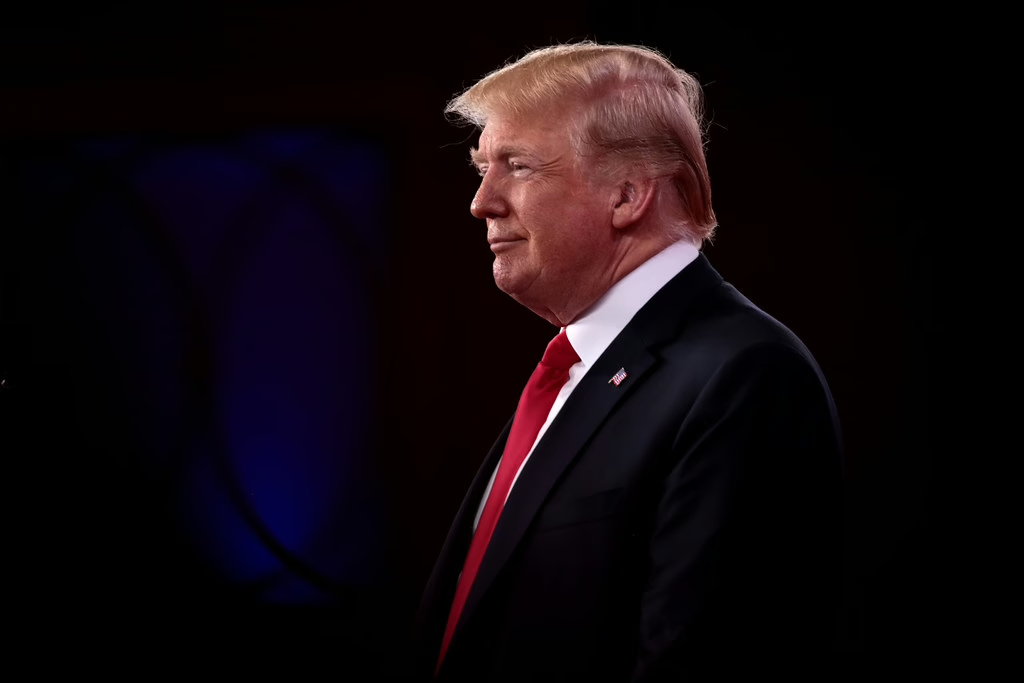The Beijing Olympics start tomorrow—or so we’ve heard. We won’t be watching.
Since ancient times, the Olympics have promised to bring together people from different communities for athletic competition. More recently, they have been used as complex propaganda displays by autocratic regimes in an effort known as “sportswashing.”
Sportswashing is the use of athletic competition to show a softer side of a regime otherwise drawing attention for all the wrong reasons. It’s the reason Saudi Crown Prince Mohammed bin Salman spent hundreds of millions of dollars to bring an annual Formula 1 race to Jeddah. Now, Western journalists pour into his country each summer for a weekend of fun with the regime that orchestrated the kidnapping, murder, and dismemberment of Washington Post reporter Jamal Khashoggi.
It’s the same reason that Qatar bribed FIFA officials into granting it the rights to host the 2022 World Cup. Of course, Qatar is a brutally hot desert totally unsuited to sprinting around a pitch in the middle of the summer, so the World Cup will now be held in November and December for the first time ever. Reports out of the monarchy suggest that 6,500 migrant laborers have already lost their lives building the venues that the international community will pack this fall.
And it’s the same reason Hitler hosted the 1936 Olympic Games in Berlin, displaying the might of the Third Reich before the world came to know it all too well.
In the extensive 21st century pantheon of sporting events covering up human rights abuses—we didn’t forget you, Sochi 2014—the dual Beijing 2008 and 2022 Olympics are the best example of a world led astray into normalizing oppressive regimes.
In 2008, China used the Summer Olympic Games to announce its presence on the world stage. The People’s Republic of China was emerging from its Century of Humiliation united, modernized, and powerful. It was a hit, and Chinese soft power benefitted nicely.
In the years since, an emboldened China has laid claim to international waters, stolen intellectual property from American companies to the tune of 300 to 600 billion dollars each year, and—most horrifically—systematically destroyed the rights of its people.
In occupied Tibet, the Chinese Communist party is attempting to eradicate the Tibetan language and replace Tibetan culture with something they can control. Already, they’ve disrupted the normal succession of the Dalai Lama, kidnapping the 6-year-old boy selected as his next incarnation in 1995. In Hong Kong, democracy has been thoroughly repressed, and protesters have been and will continue to be met with lengthy prison sentences for practicing the rights they enjoyed just a few years ago. All across China, citizens are caught in a web of mass surveillance, intimidation, and control.
But we’re boycotting most of all because the Chinese Communist Party violates our most basic rule: we won’t be complicit in genocide. In the northwest Xinjiang province, more than one million Uyghurs, an ethnic minority group, have been detained in dystopian reeducation camps, where rape and forced sterilization is commonplace. The United States government declared it a genocide, and it is ongoing.
Now, the Olympics will return to Beijing, where otherwise snowless mountains have just been blanketed in strips of artificial snow. The fanfare will begin shortly, and the suffering of Chinese people will be “sportswashed” away. China will look like a model of order and tranquility, we’re sure, but we won’t be watching to find out.
Instead, we offer our support to the athletes planning to boycott the opening ceremony, the nations imposing a diplomatic boycott, and more than 180 NGOs—particularly those focused on Uyghur, Hong Kongese, and Tibetan rights—that have worked to coordinate a wider boycott for more than a year. As we look away from the propaganda display, we’ll be focusing our attention on the rights of the Chinese people.






